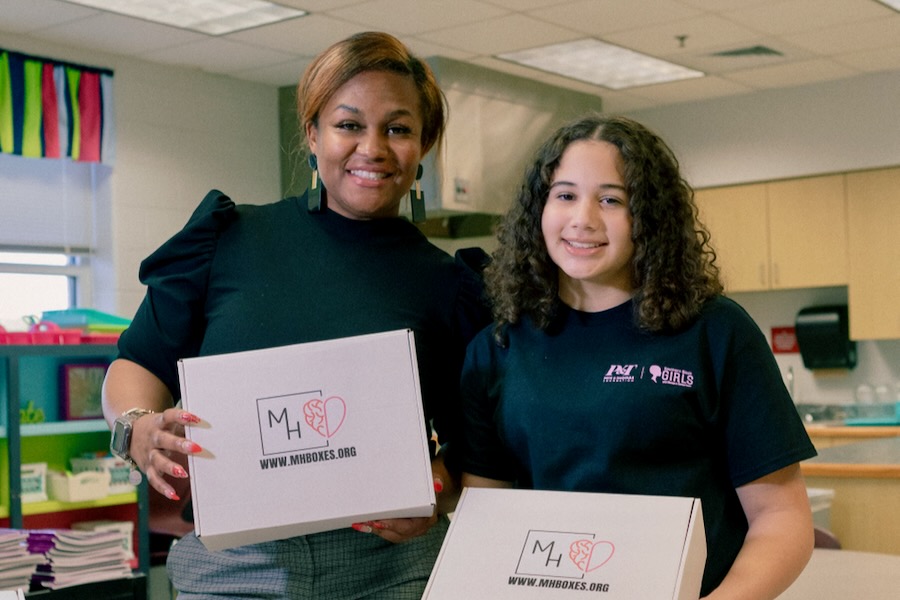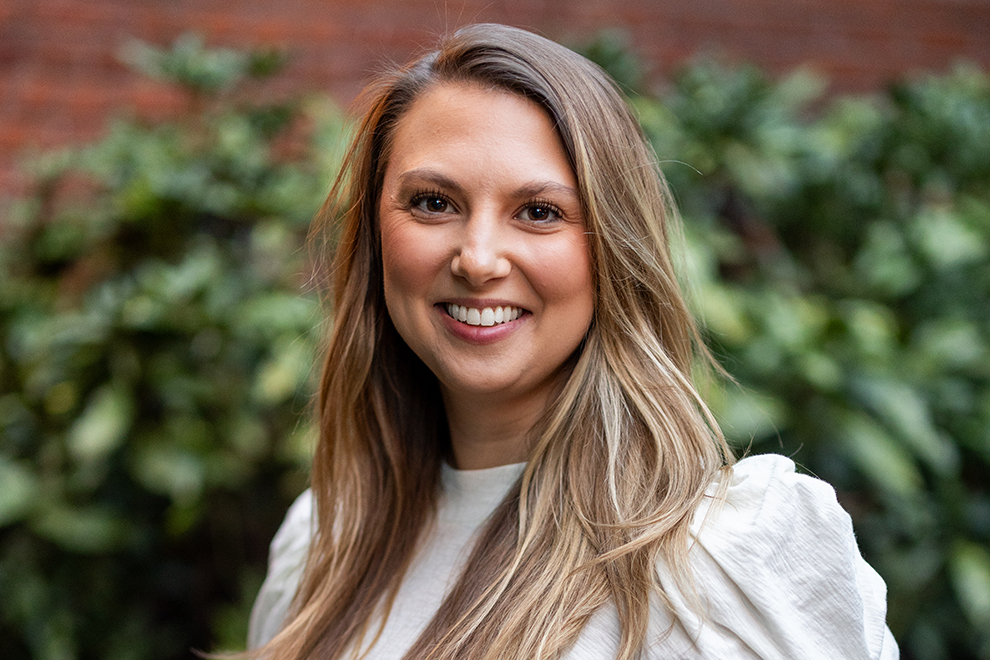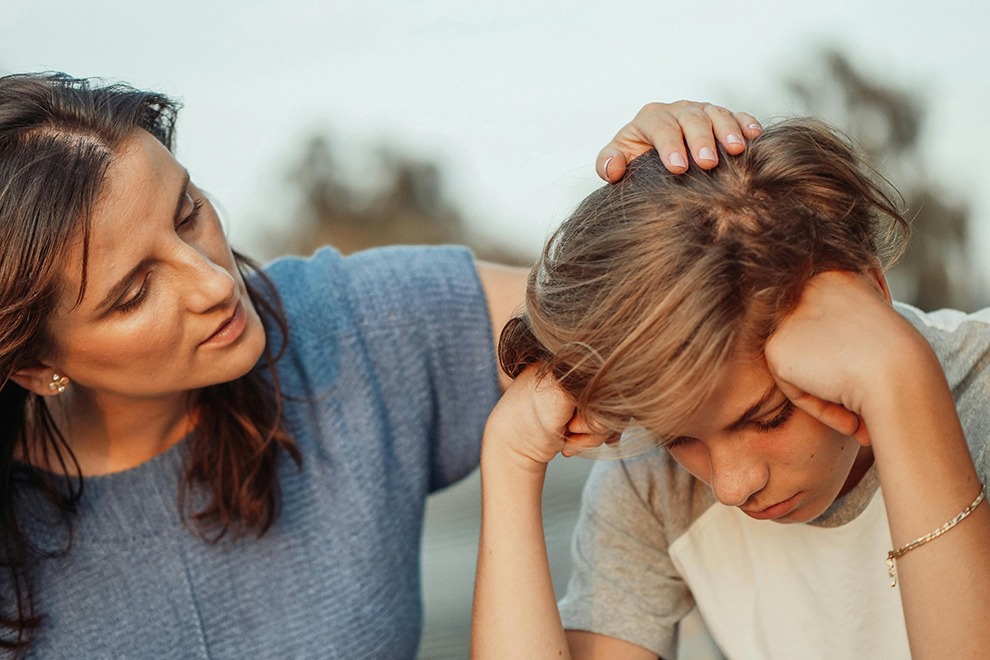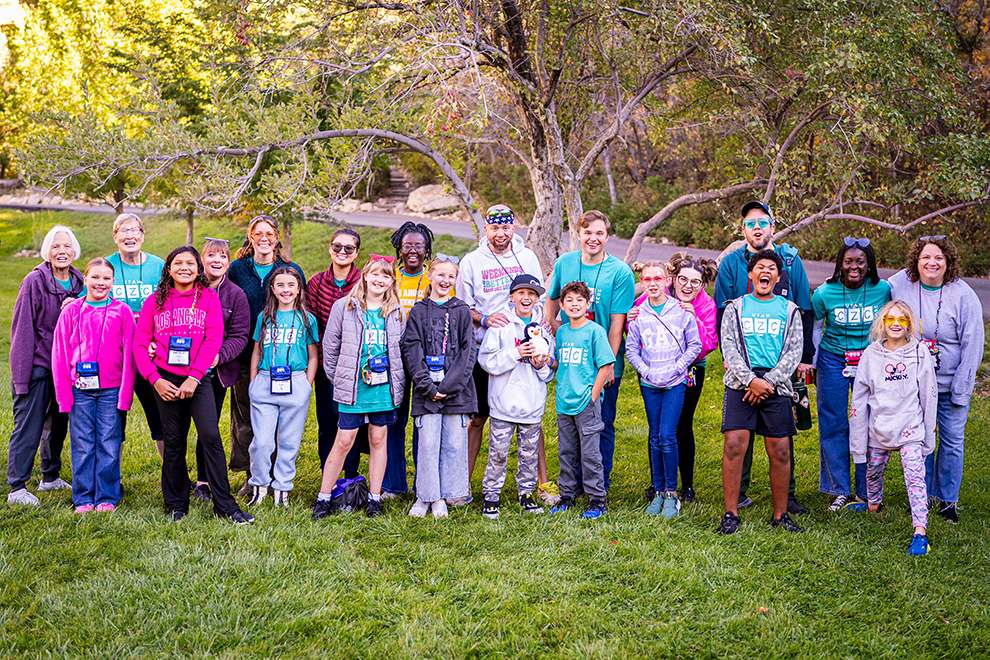Twelve-year-old Mila Marrero has turned her own struggle with anxiety into a nonprofit that provides mental health boxes to Black girls to help them embrace their mental health with confidence.
“Mila has always been an anxious child,” says her mom Carissa Henry. “She started having more anxiety and depression in middle school. That was exasperated during COVID and she ended up with a mental health hospitalization at Virginia Treatment Center toward the end of COVID.”
Mila, who goes to Elizabeth Davis Middle School in Chester, came up with the idea of starting a nonprofit after being hospitalized for her anxiety. Because of her own experience, she recognized “there are not a lot of people who have access to stuff like this,” she says.
The stuff she is referring to is contents of the boxes she provides to organization that serve Black girls in Central Virginia between the ages six and sixteen. The boxes contain a host of tactile items – like model magic (similar to clay), slime, and fidget toys, as well as a note from Mila, a bracelet Mila made, a journal, and a list of mental health resources.
“I was given these items while I was hospitalized,” says Mila.
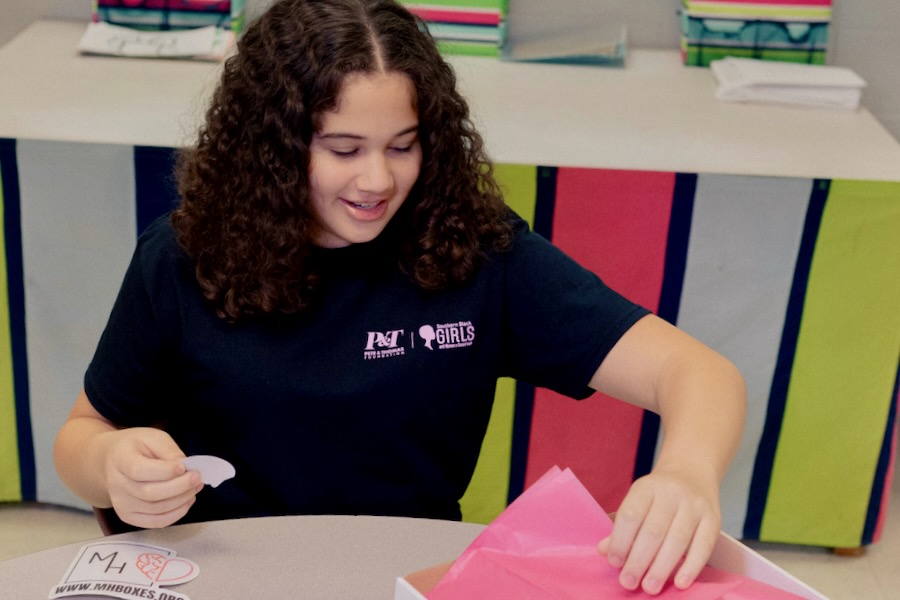
Black Girl Joy Challenge – Accepted!
Last year, Mila applied for a $550 grant through Southern Black Girls and Women’s Consortium #BlackGirlJoyChallenge, which focuses on mental health and wellness. She was named one of one hundred micro-grant winners. The grant, part of the 2023 Black Girl Joy Challenge Special Edition, helped her launch the nonprofit. To date, Mila has delivered more than 500 care package boxes, primarily through educators, mental health providers, and public and nonprofit organizations.
“We wanted to use that money to make the boxes, particularly to give to Black families,” says Carissa. “She could see how mental health is different in Black families. There is a lot of stigma and lack of care for Black girls when it comes to mental health.”
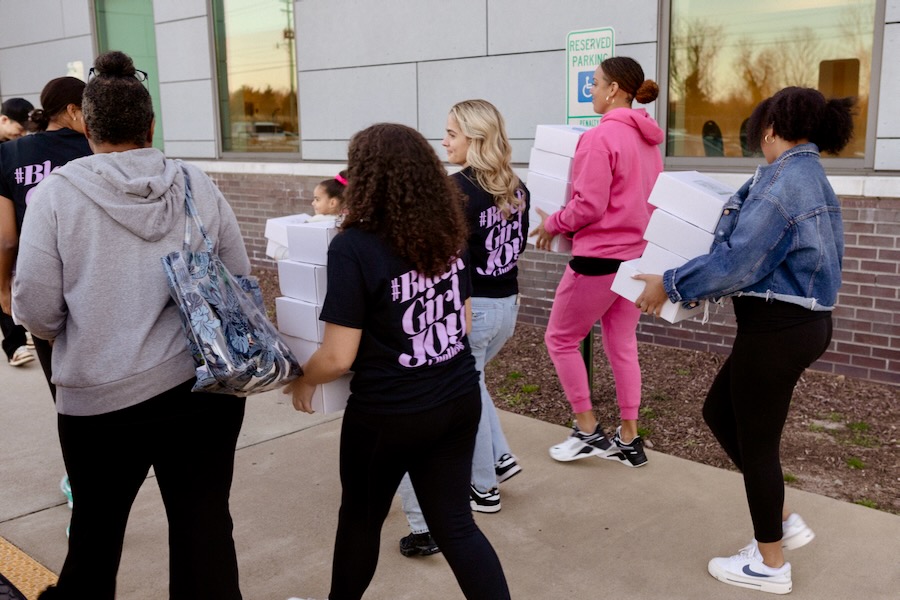
How to Support Mila’s Efforts
Mila and her mom list some of the facts concerning mental health in the Black community on their website, mhboxes.org, which also accepts donations.
According to the website, suicide rates have been increasing in Black children and adolescents. Between 2003 and 2017, more than 1,800 Black children died by suicide. Among girls in this population, the suicide rate witnessed an average annual increase of 6.6%, surpassing more than twice the average rise observed among boys. Alarmingly, nearly half of these girls were between the ages of twelve and fourteen.
“In general, the Black community has a hesitation to engage in conversations around mental health,” says Deborwah Faulk, assistant professor sociology and Africana studies, University of Richmond. “Mental health and well-being in black communities are not necessarily stigmatized from within their communities but from those outside their communities,” says Dr. Faulk. “People who are already marginalized fear that struggling with mental health adds another layer of exclusion. The cultural response is to safeguard oneself or their loved ones from being treated differently.”
The Black community also has a history of distrust and mistreatment within the health care system broadly, she adds. “They may not be sure if they can trust mental health professionals with their lives and vulnerabilities.”
Educating the Black community about mental health and where to find resources is crucial. “The more conversations we have, the more we work against this fear and increase the perception of the mental health field,” Faulk says. “I am so excited this young girl is doing this.”
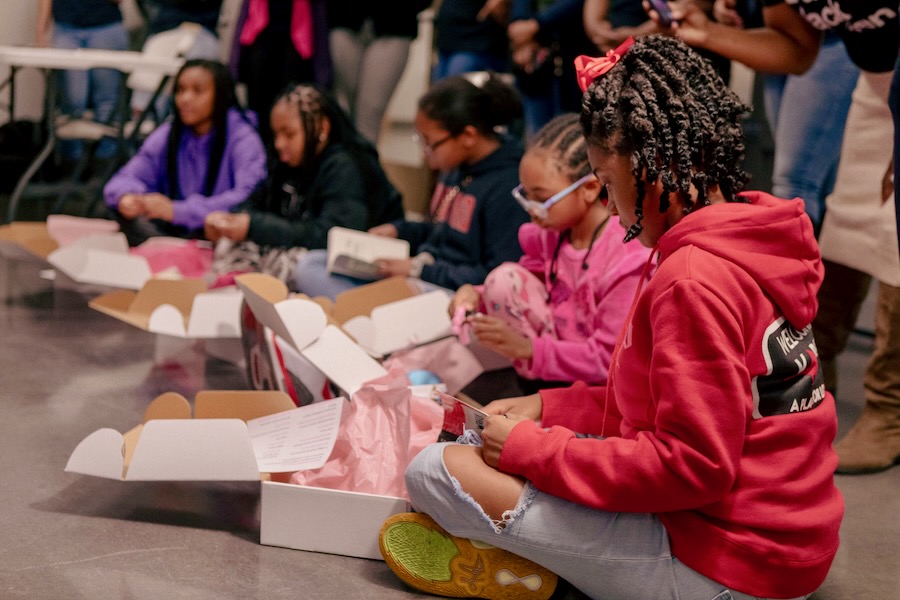
Helping Others Is Therapy
Sending out the boxes makes Mila feel good, her mom says. “It’s been amazing to watch her take something that was hard for her to go through and grow through it. She has taken what she has learned through therapy and her own experience and shared that with the community. She has let people know it’s okay to talk about these things.”
Mila is now doing great. She has learned that talking about her feelings is important. Her goal is to deliver boxes across the country and continue to bring awareness and keep the nonprofit going.
Through this she has “learned that some people don’t get the same treatment as other people,” she says. “It’s nice to help people who need help.”
To support Mila’s grant-winning nonprofit and the mental health of Black girls in the region, visit mhboxes.org.


